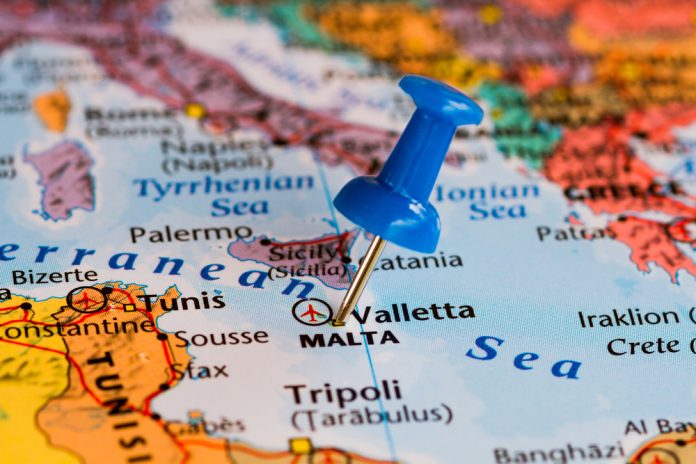A new corporate tax rate is set to be introduced in Malta, tripling tax exposure for a number of major companies, with implications for international gambling companies registered on the island.
As reported by the Times of Malta, which cited government sources, companies with annual revenues of €750m or more will be affected by the tax increase, with exposure set to rise from five per cent to 15 per cent.
The current statutory corporate tax rate in the jurisdiction stands at 35 per cent, with the country acting as an operating centre for a range of global gaming groups including Betsson AB and Kindred Group.
If the Times of Malta’s sources are accurate and the tax rate is due to commence, this could severely impact the nation’s status as Europe’s hub for igaming, where online gambling accounts for 12 per cent of GDP, generating €700mand employing 9,000 people.
Malta’s domicile has secured backing from industry leadership as Johan Styren, CEO of LeoVegas – which operates its largest office in the country – has described it as an ideal operating environment for betting and gaming providers.
Citing Maltese Ministry of Finance estimates, the Times of Malta reported that local companies affected by the new tax rates will pay out between €50m and €60m collectively per year.
However, the issue is still being debated in the upper echelons of the European Union, with Maltese authorities hoping to secure favourable concessions in negotiations.
The new rates have been enforced by the Organisation of Economic Cooperation and Development with the goal of generating €130bn in international tax revenues annually.
Concerns were raised on the island earlier in the year when the Financial Action Task Force placed Malta on a financial greylist of potentially unsafe fiscal locations due to ‘strategic deficiencies’, along with countries including Albania, Myanmar, Syria and Zimbabwe.
Although this had no impact on the country’s ratings or those of its domestic banks – according to Fitch Ratings – authorities have moved forward with efforts to strengthen national anti-money laundering procedures in order to achieve greater security and stability.
In an update in September, the Maltese government published an action plan – in accordance with FATF requirements – to overhaul its AML and financial safeguarding procedures and practices.
Developments follow a wider financial trend which has seen tighter international security of financial networks, with betting and gaming firms facing higher corporate taxes. This summer, Gibraltar PM, Fabian Picardo, signed off on the British overseas territory’s budget that raised corporate tax rates across the board from 10-to-12.5 per cent.
Sanctioning Gibraltar’s first business tax rise since 2009, Picardo underlined that Gibraltar needed to raise approximately £250m to overcome its deficits as COVID-19 had drained its coffers out of funds.













